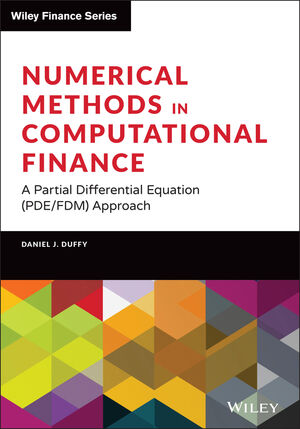Hello everyone!
I am in my masters application process for a while but I am really in the dark about how realistic my school targets are, would love to get your eyes on it.
Major : Economics & Management (double major)
Gpa: 3.64/4.0
Relevant Coursework : calculus I & II (A-), statistics I&II, Econometrics, Linear algebra (Pass) , R programming (D) , Machine Learning Financial Applications (A+), Algorithmic Trading (A+, graduate course), + bunch of finance & econ courses
GRE: 169 Quant - 157 Verbal
TOEFL : 112
Targets:
1) Columbia MFE
2)Berkeley MFE
3)UCLA MFE
4)MIT mfin
5)Chicago Financial Mathematics
6)NYU MFE
7)CMU
8)Yale master in asset mng
I am in my masters application process for a while but I am really in the dark about how realistic my school targets are, would love to get your eyes on it.
Major : Economics & Management (double major)
Gpa: 3.64/4.0
Relevant Coursework : calculus I & II (A-), statistics I&II, Econometrics, Linear algebra (Pass) , R programming (D) , Machine Learning Financial Applications (A+), Algorithmic Trading (A+, graduate course), + bunch of finance & econ courses
GRE: 169 Quant - 157 Verbal
TOEFL : 112
Targets:
1) Columbia MFE
2)Berkeley MFE
3)UCLA MFE
4)MIT mfin
5)Chicago Financial Mathematics
6)NYU MFE
7)CMU
8)Yale master in asset mng
Last edited:
